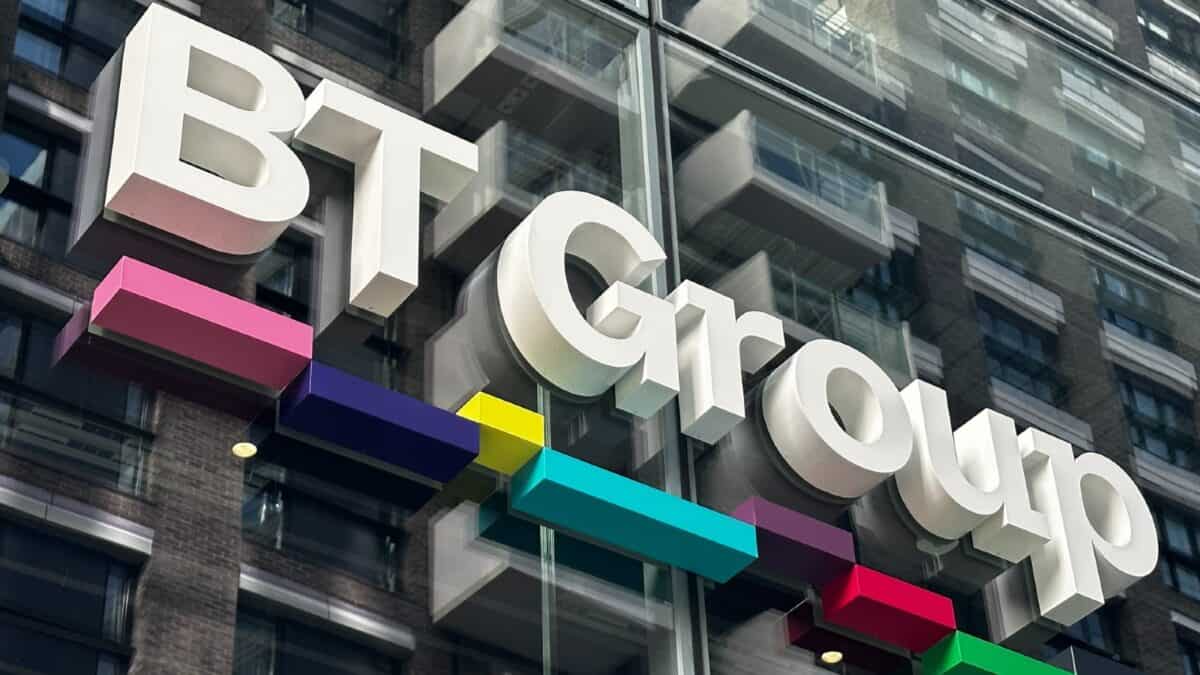The BT (LSE: BT) share price has had a week, as I believe the kids are fond of saying, after longtime partner Sky announced it would be shifting some business away to one of the new fibre kids on the block.
The shares fell 9% in a matter of hours and a cool £1bn in market cap was wiped off. The share price now sits at 138p. The short but steep drop has taken the edge off what had been threatening to become a good year for the world’s oldest communications company.
Did the market overreact here? Or is this a stock to hang up the phone for? Let’s have a look.
Battle lines
The recent news is a kind of ‘battle of the broadbands’ centred squarely on BT’s Openreach service. Openreach is the company’s fibre division, tasked with rolling out hyper-fast fibre broadband and the fastest internet speeds going.
Crucially, this is an unsaturated market with around half of UK households without it installed. Growth isn’t easy to come by for telcos so this is a key part of the business.
On the other side of the battle lines are ‘altnets’ – smaller, alternative providers of fibre broadband, the Davids to the BT Goliath. The largest of these altnets, CityFibre, signed a deal with Sky to provide fibre to its customers. This not only threatens to steal business from BT, but fierce competition could drive down margins and affect Openreach earnings too.
I’ll have to inject my own experience here as I signed up with an altnet recently after moving into a new place. I was a little nervous signing up to a company I’d never heard of. Those worries swiftly fizzled away when the installation was arranged within a day, completed within an hour, and every time I needed to talk with someone on the phone, I didn’t have to wait for 45 minutes.
It didn’t feel like 2020s Britain at all. If that’s what altnets are offering then I fear for the big players that don’t offer it. In other words, I can see these altnets eating BT’s lunch.
Buy for the dividend?
And if I’m unimpressed with Openreach as a source of growth then it’s hard to see BT as anything other than a stable dividend stock. The firm pays a 5.92% yield, which in fairness is very high, the 13th biggest payout on the FTSE 100. If I was withdrawing from a nest egg I might take a fancy of that much of a yearly return and snap up the shares.
With more time to play with though I have to look at the growth side of the equation and the share price has traded sideways for decades.
Somewhat incredibly, I could have bought the shares in the 1980s and sold them today for a capital loss. Altogether, this isn’t a stock I’m interested in even after the drop in share price.
This post was originally published on Motley Fool



